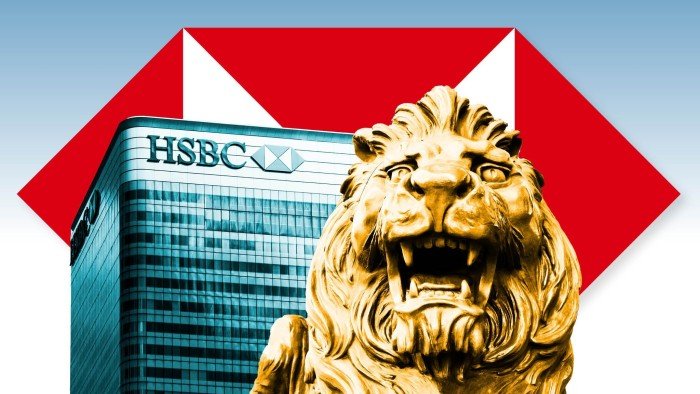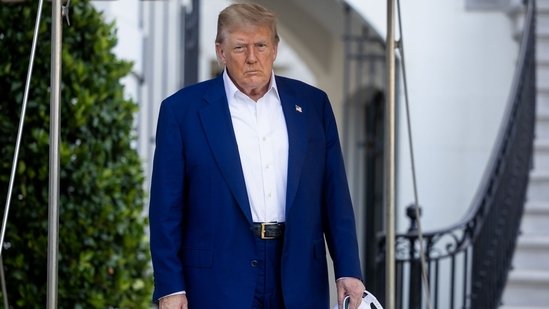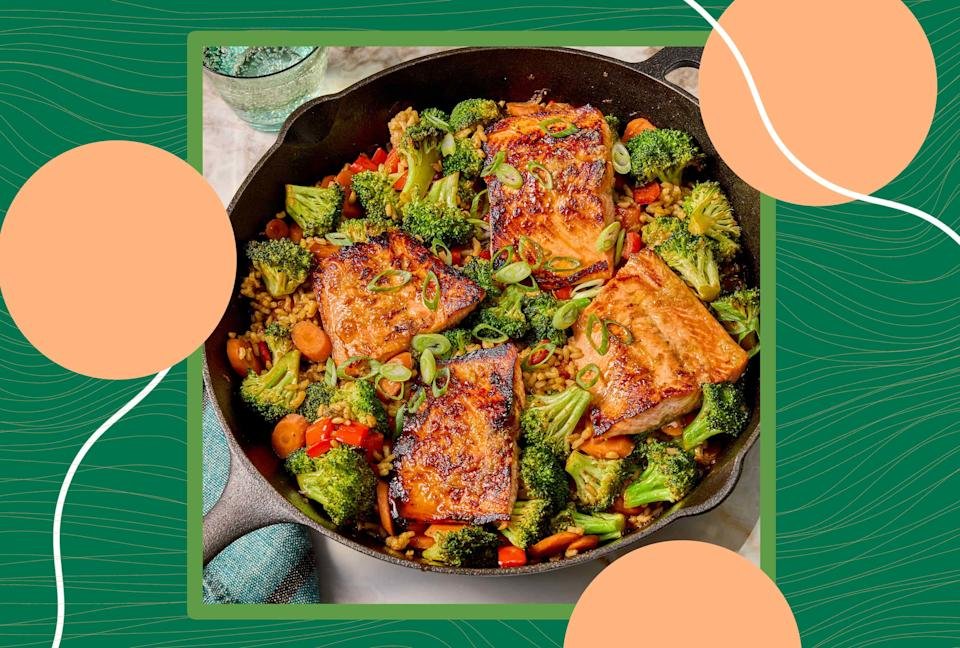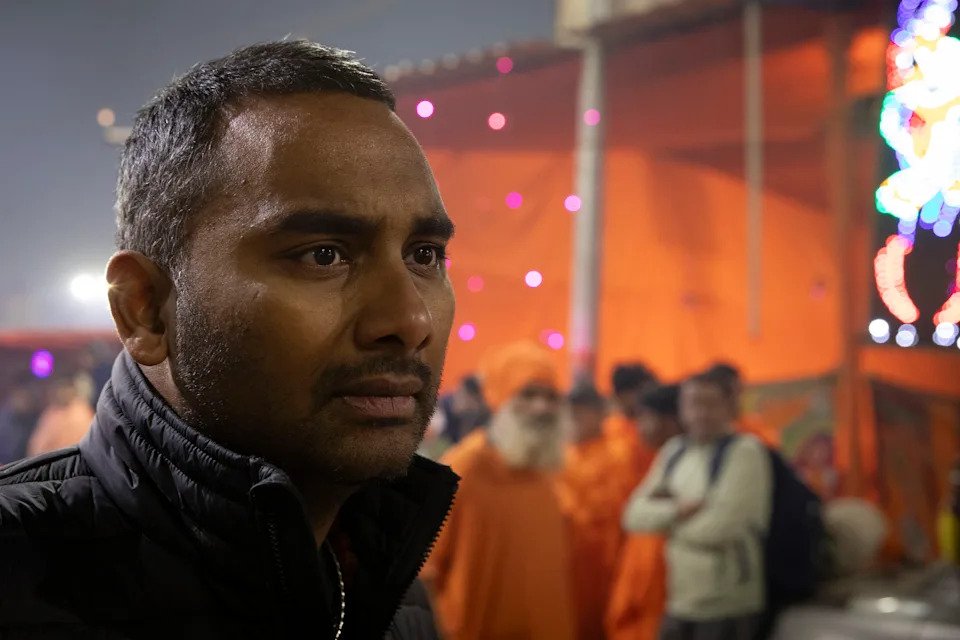The safe streets of Qatar are a big draw for foreign workers, who enjoy tax-free incomes and the Gulf’s mild winter weather. But on Monday evening, a volley of Iranian missiles heading for a US military base burst that comfortable bubble.
The sound of explosions — shaking windows and activating emergency sirens — triggered panic inside Doha’s plush Villaggio Mall. Shrieks filled the cavernous hall and shoppers bolted for exits. Video footage showed a black shoe abandoned in the hurry. Across the usually tranquil city, parents comforted children frightened by the blasts.
Among millions of mobile expatriates who power the oil-rich region’s economies and make up about half the Gulf’s population, Iran’s attack on Qatar has prompted questions about safety in countries long regarded as oases of prosperity and security in a troubled region.
The region’s foreign workforce ranges from well-paid finance and energy executives to blue-collar workers mainly from South Asia, who build the countries’ infrastructure and keep them running.
Many foreign workers are phlegmatic. Some are battle-tested by previous attacks by Iran-aligned Yemeni Houthi rebels and other proxies on energy infrastructure in 2019 and 2022, which struck Saudi Arabia and Abu Dhabi, or by the regional boycott of Qatar during Donald Trump’s first term.
But the Gulf’s population has swelled in recent years. For many newcomers, this is their first experience of a Middle East war — even if indirectly.
“The reaction depends on how long you’ve been in the region,” said a banker based in the UAE. “Some of the newer people, even in Dubai, were like ‘oh my god, this isn’t what I signed up for’.”
Since Israel attacked Iran less than two weeks ago, the Gulf monarchies have pushed for an end to hostilities and return to talks. They hoped to avoid wider regional escalation and avoid being caught in the crossfire as a result of the several US military installations in Gulf states.
Iran’s strikes on Monday targeting the US’s biggest military base in the region came in retaliation for US attacks on its nuclear infrastructure.
Later in the day, Trump announced that Iran and Israel had agreed to a ceasefire, though that appeared shaky on Tuesday morning after Israel said Tehran had launched fresh missiles, and threatened to respond.
The Iranian missiles that ripped through Qatar’s sky had mostly been intercepted by air defences, causing no casualties.
But if this was a display of military theatrics, “I prefer the safe £200-a-ticket, inaccessible to average people, London type of theatre”, quipped one expatriate Doha resident on Monday night.
The mood on Tuesday morning was “tense but relieved”, said a Palestinian-British-Canadian expatriate in Doha. During the attack he said his reaction was “WTF” but by the morning he felt secure, pleased at how the government had maintained services such as internet and electricity.
On social media, some residents called the night’s events insignificant compared with Israeli bombing that has flattened Gaza.
But one senior British expatriate based in Doha for two decades said his peers were “fairly shell-shocked”.
“Fortunately the US base is well out of town,” he added. “Still, not very pleasant to go through, and the future uncertainty is no doubt on everybody’s mind.”
Several organisations sent emails telling staff that Tuesday would be a normal working day, and the senior expatriate expected most employees to show up.
In Dubai, the region’s second-biggest city after Riyadh, some expatriates had already planned out overland escape routes to Oman. At one company, employees on a security call asked for plans to evacuate, but were rebuffed.

WhatsApp groups buzzed with expats questioning the safety of staying in the region during the unpredictable Trump era, and some expatriates even dubbed Europe-bound flights through the Gulf as navigating “missile alley”.
But many foreigners were sanguine, with their main concern the disruption to aviation and its potential to delay or derail summer holiday plans.
“There is some level of panic among residents given summer holidays,” said a Dubai-based corporate investigator.
Phil Miles, associate managing director for enterprise security risk management at adviser Kroll, said some clients had already “postponed non-essential travel to the region and are providing staff with increased flexibility to work from home”.
Some professionals said they felt confident the Gulf would suffer little to no economic impact.
“There was no disruption to energy flows, plus the ceasefire was announced so quickly — these are all positive,” said Monica Malik, chief economist at Abu Dhabi Commercial Bank. “We’re also in the quieter travel and tourism period for the region. So we’re not making any non-oil forecast changes.”
For one Dubai-based economist, “the Saudi economic slowdown matters more in the Gulf than all the drama of the last few days”.
But not all are convinced. Gaffour, a limousine driver in Doha, has seen business plummet since the World Cup in 2022, and fears further economic decline as a result of the growing geopolitical tensions.
“There still isn’t any business,” he said. “All my friends are worried.”








